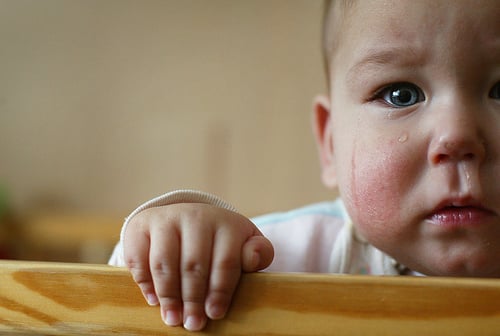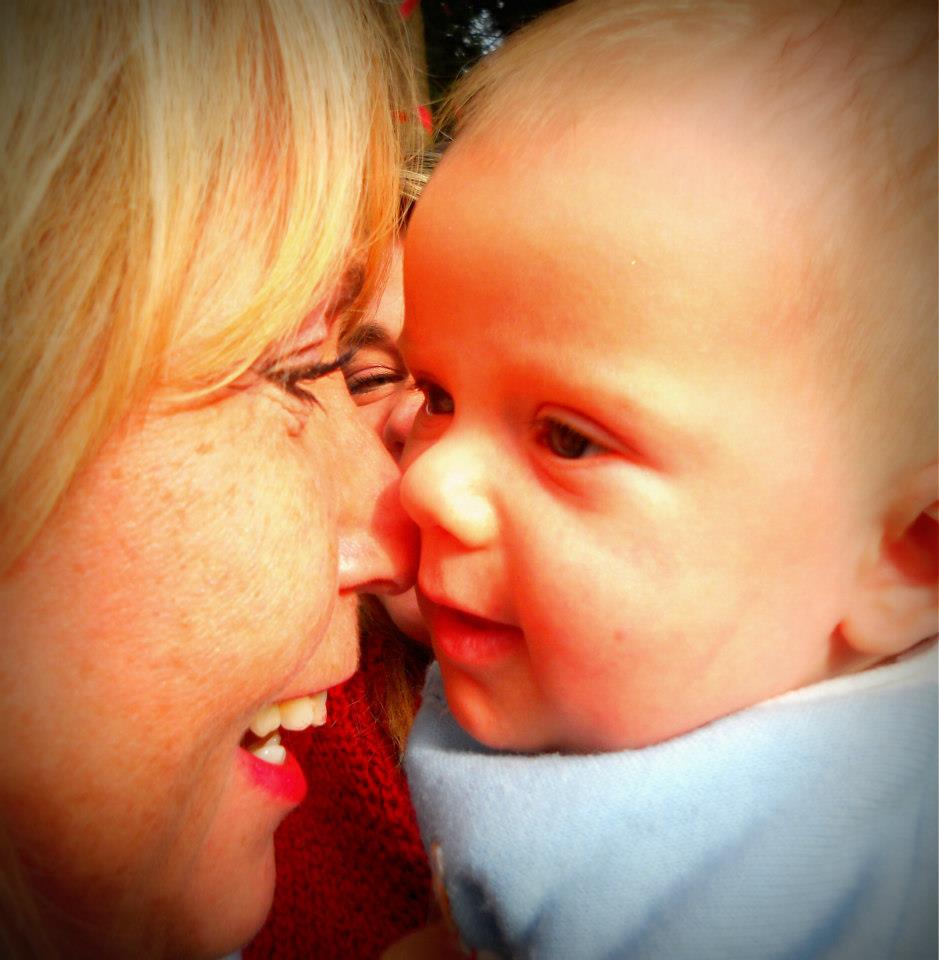Re-homing.
It has such a welcoming sound to it, doesn’t it? Like a bird who returns south for a season. Or the once homeless now resettled into a comfy place.
In reality, it’s the verbiage assigned to the very ugly practice of parents swapping out adopted children they no longer want.
Reuters reports: “As nations around the world make adopting overseas more difficult for Americans, the U.S. government has taken no measures to restrict informal “private re-homings,” custody transfers of unwanted children that often start in online bulletin boards.
Or chat sites.
All it takes for a child to be handed off to another is a signed note. One person saying they are relinquishing the care of their child to another person.
No social workers. No attorneys. No courts involved.
Here. Take this child. I no longer want him.
I once went to church with a couple that sent a foster child back to the state after having that child for a couple of years. Beth Moore has spoken briefly about the boy she had to give up. I can only imagine how difficult that must be, for any family and for any child.
Nobody is saying adoption is an easy thing. But then again, parenting isn’t designed to be a Disneyland ride.
Whether you are the biological parent or parenting an adoptive child, you sometimes feel like sending them downriver in a wicker basket. But usually by the time you feel that way, they are far too big for the wicker basket.
But this re-homing of children takes adoption to a new low.
It is, at its very essence, human trafficking.
Child trafficking to be exact.
And it’s not money that is changing hands – it’s human beings.
As Reuters reported:
Giving away a child in America can be surprisingly easy. Legal adoptions must be handled through the courts, and prospective parents must be vetted. But there are ways around such oversight. Children can be sent to new families quickly through a basic “power of attorney” document – a notarized statement declaring the child to be in the care of another adult.
In many cases, this flexibility is good for the child. It allows parents experiencing hard times to send their kids to stay with a trusted relative, for instance. But with the rise of the Internet, parents are increasingly able to find complete strangers willing to take in unwanted children. By obtaining a power of attorney, the new guardians are able to enroll a child in school or secure government benefits – actions that can effectively mask changes of custody that take place illegally outside the purview of child welfare authorities.
There are numerous online sites where hundreds of children are being offered up for the taking. At least half of the children have some sort of physical disability. Many have already suffered sex abuse.
Which, of course, draws out the crazies. Pedophiles on the prowl. What better opportunity for the sexual deviant than a child that nobody wants?
Especially a child from a foreign country, with no ties to anyone in America. According to the report, Americans have adopted about a quarter-a-million children from other countries since the late 1990s. And unlike domestic adoptions from the U.S. foster-care system, foreign adoptions often require little oversight and even less preparation.
Reuters reports: No authority tracks what happens after a child is brought to America, so no one knows how often international adoptions fail. The U.S. government estimates that domestic adoptions fail at a rate ranging from “about 10 to 25 percent.” If international adoptions fail with about the same frequency, then more than 24,000 foreign adoptees are no longer with the parents who brought them to the United States.
They have been re-homed.
It’s estimated that seventy percent of those being re-homed are children adopted from foreign countries.
U.S. Rep. Jim Langevin (D-RI) and several other bi-partisan lawmakers are asking for a hearing to identify ways to stop this inhumane practice.
Do you know if your representative is aware of the issue of re-homing? And if so, what are they doing about it?
Children have no voice when it comes to choosing a family, choosing parents. They are at the mercy of those speaking on their behalf.
What say you?
What says the Church?












